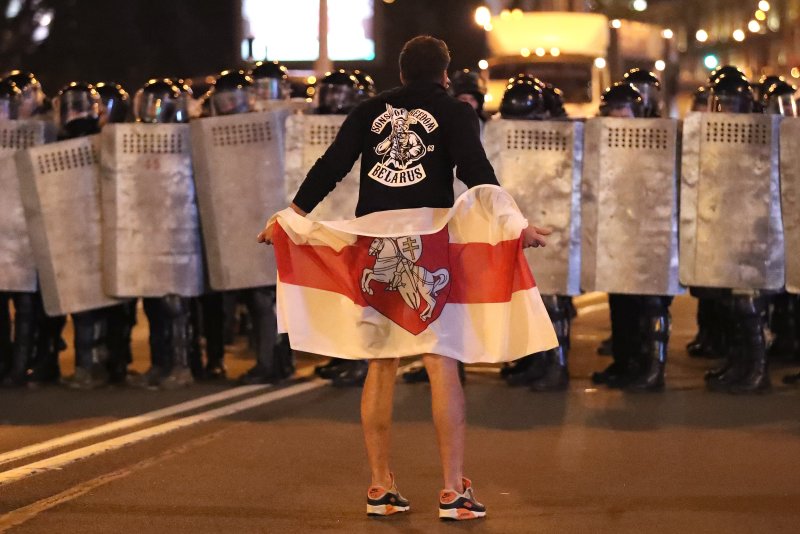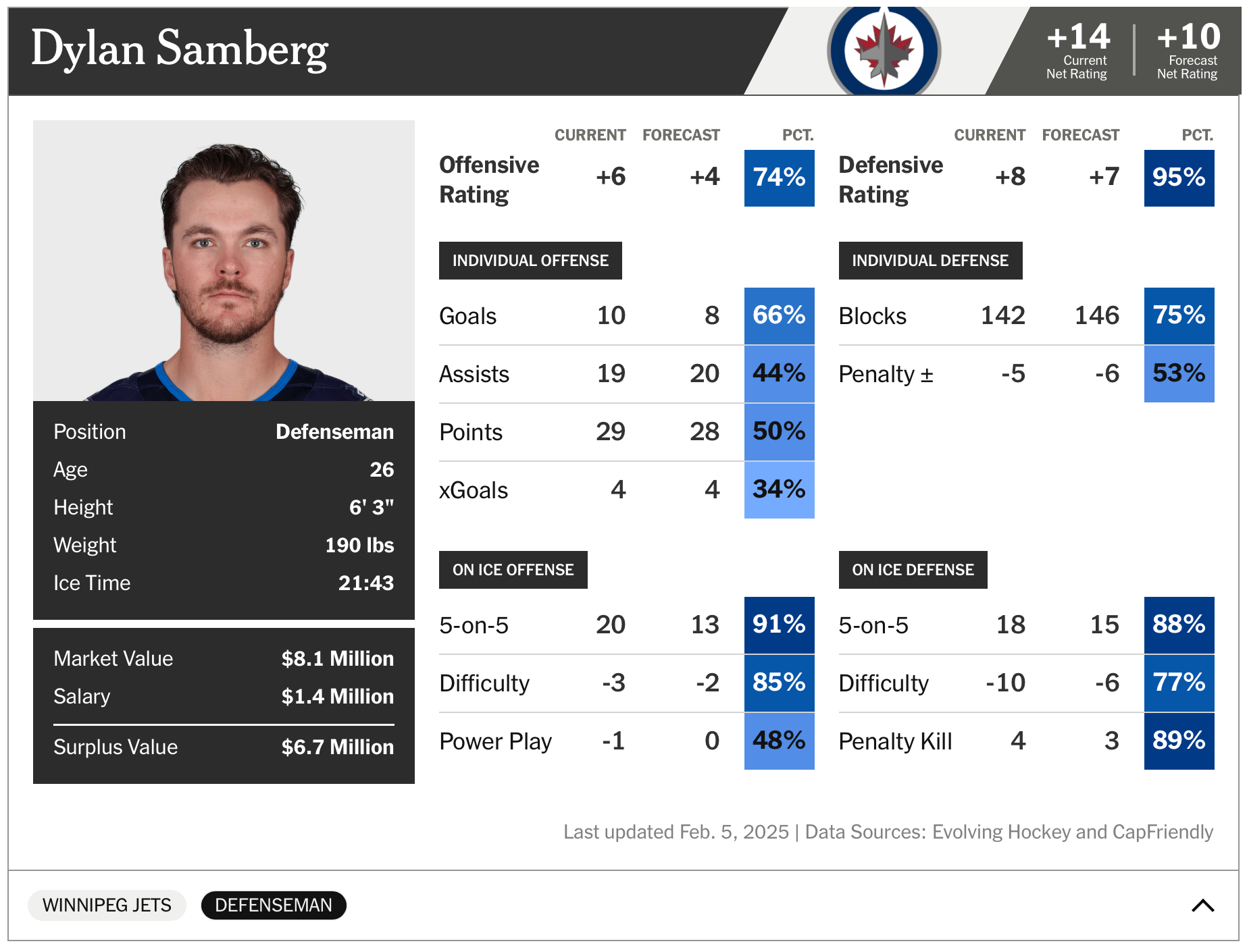A demonstrator stands in front of riot police during a protest after polling stations closed in the presidential elections, in Minsk, Belarus, in August 2020. On Monday, Britain and Canada imposed sanctions targeting Belarus’ dictator president of Alexander Lukashenko following another contested presidential election over the weekend. File photo by Tatyana Zenkovich/AEPA-EFE
Jan. 28 (UPI) — Britain and Canada have imposed sanctions targeting the regime of Belarus’ dictator president, Alexander Lukashenko, following his disputed election over the weekend to a seventh term.
Lukashenko, often referred to as “Europe’s last dictator,” was named winner of Sunday’s presidential election, with preliminary results showing he secured nearly 87% of the vote share, according to the Central Election Commission of the Republic of Belarus. None of the five remaining candidates won more than 3.6%.
The contest was swiftly challenged by the democratic governments of Australia, Britain, Canada, the European Union and New Zealand, who called it a “sham” in a joint statement.
The European nation has been rocked by instability since Lukashenko was elected to a sixth five-year term in 2020. Since then, the country has been marked by political oppression, with political opposition leaders fleeing the country, supporters arrested and Belarus’ continued support for Russian President Vladimir Putin and his war in Ukraine.
In swift response to what it called a “rigged” presidential election, Britain sanctioned six individuals and three entities.
Meanwhile, Canada coincided with sanctions against 10 individuals and 12 entities.
Both countries blacklisted Igor Vasilyevich Karpenko, chairman of the Belarusian Central Election Commission, as well as heads of various correctional facilities and law enforcement department, the Main Directorate for Combating Organized Crime and Corruption.
“The world has become well-accustomed to Lukashenko’s cynical pretense of democracy in Belarus, while in reality, he brutally represses civil society and opposition voices to strengthen his grip on power,” Britain’s foreign secretary, David Lammy, said in a statement.
Britain and Canada have repeatedly responded to Belarus’ authoritarian slide and support for Russia with sanctions, with London designating a total 135 individuals and 32 entities, and Ottawa hitting more than 220 individuals and approximately 80 entities.
Global Affairs Canada described the sanctions as being a “coordinate, multilateral effort” aimed at holding the Lukashenko regime to account.
“No election can be considered free, fair or in line with international standards when it is held in a climate of ongoing repression, marked by a clampdown on civil society, arbitrary detentions and restrictions on genuine participation,” it said in a statement.
The words from Ottawa’s foreign ministry are similar to those published ahead of Belarus’ election by Amnesty International, which called on the Lukashenko regime to end its campaign of repression and urged the international community to not ignore the political crisis in the European nation.
“While attention is drawn elsewhere, thousands of people in Belarus remain imprisoned, tortured or silenced simply for expressing their opinions,” Marie Struthers, Amnesty International’s Eastern Europe and Central Asia director, said in a statement on Friday.
“Governments and international organizations must act decisively to seek an immediate end to this ongoing crisis and hold the Belarusian authorities accountable for it.”
According to the Belarusian non-governmental organization Viasna Human Rights Center, more than 3,270 people have been convicted for participating in protests against the widely discredited 2020 election results.
#Britain #Canada #respond #Belarus #sham #presidential #election #sanctions













Leave a Reply